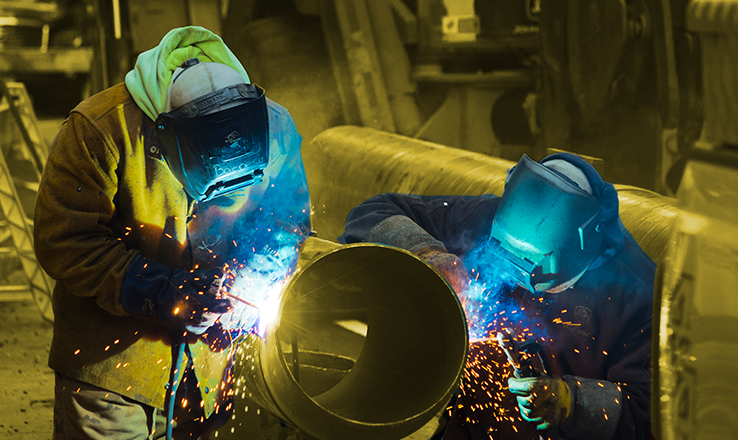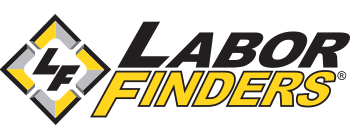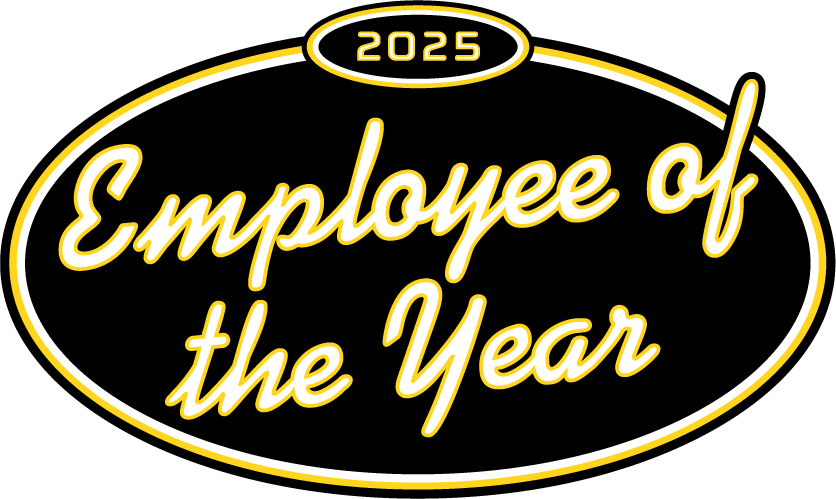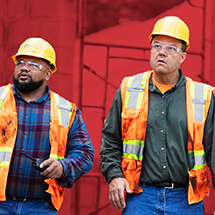-
Job Seekers
X
Job Seekers
Whether you're looking for a temp job or a permanent career, Labor Finders has you covered!
-
Explore
- How it works
- Industries
- Blog
- Locations
- Job Search
You May Also Be Interested In

2025 Employee of the Year
Learn more about our amazing Employee of the Year
-
-
Employers
X
Employers
Let us help you find the workers you need, when you need them.
You May Also Be Interested In
-
Industries
X
Employer Industries
Ready to staff your next project? Our staffing experts has the knowledge and the workers to cater to your unique staffing needs.
In this Section:
Job Seeker Industries
From construction to waste management, we have job openings in whatever industry you’re interested in.
In this Section:
-
About
X
About You
Getting matched to the right job, gaining the flexibility you want, making an impact in your community - at Labor Finders, it’s all about you!
-
You may also be interested in
- About Us
- Job Search Results
- Find an Office
- How it works
- Blog
About Us
With almost 200 offices nationwide, we’ve been putting people back to work for over 40 years. See why we’re a leader in the blue-collar staffing industry.
-
You may also be interested in
- About Us
- Media Center
- Video Library
- Leadership Team
- Careers
- In The Community
- History
-
- Location
Employment Readiness
4 Industries Offering Steady Welder Jobs

Have you been on a couple of temporary assignments working with welders? Are you thinking about getting your certification but aren't sure if you can get a steady and well-paying welding job?
The short answer? You can.
Plenty of welder jobs are available, with nearly 450,000 welders already working nationwide. Getting into this industry can open doors to permanent positions with real growth potential.
While most welders work in manufacturing, four other industries actively hiring welders offer excellent career advancement and skill development opportunities.
Boiler Making
When winter rears its ugly head, having a boiler system installed and that works is essential, whether you’re working in a factory or having dinner at home. Boiler systems use tanks, vats, and pipes to heat water and other liquids to generate enough electric power to provide heat. When boilers need to be installed or break down, companies call on a boilermaker with the proper welding skills to work on them. Assembling and replacing may require welding equipment to align, cut, and shape them. They also read boiler blueprints and test boilers to make sure they’re working.
How can you get a welder job in this industry?
The best way to start is to enroll in an apprenticeship program to learn all the ins and outs of the trade. While it typically takes four years to complete, many programs allow you to earn while you learn. If ever you need extra cash, a staffing agency can give you job assignments that work around your training schedule. Once you complete the program (and get certified in your state, if required), you can land a welding job in this field.
Iron Work
Metals and welding go hand in hand, so getting a welding job as an ironworker is another career-building job to consider. Aside from following blueprints, unpacking steel and iron, and signaling crane workers, these day laborers do a great deal of welding. When new structures like buildings or bridges go up, welded wire is essential to strengthening the concrete that holds them up. They also weld iron and steel that can’t otherwise be bolted or wired together. Welding may not be the only job you’ll do in ironwork. Reading blueprints, unloading materials, and working with signal crane operators also come along with the job.
To land this welding job, you can either enter an apprenticeship program or work for an employer offering on-the-job training. If you’re already working towards getting a welding certification, you’ll be ahead of the hiring game. Employers are much more likely to hire those with this certification than those who don’t. What are other skills that can help you stand out? Critical thinking, hand-eye coordination, and physical stamina are some skills you’re already gaining by working on your weekly construction assignments.
Automotive Industry
What do NASCAR and welding have in common? A racing car's durability and speed depend on the welding skills of the mechanics who put it together. According to the American Welding Society, it takes 950 hours to put these cars together before they ever touch the racetrack. Welders in this industry work closely with mechanics and engineers to make sure every part of a racing car can withstand high speeds. That means creating parts like the structural skeleton of the vehicle, the roll cages, and light, durable, and safe. If you love an intense work environment (and have a crazy attention to detail), this is an industry worth looking into. If NASCAR isn’t your thing, some welders work in automotive mechanic shops who do complex car body work and repairs.
No matter your path, having a welding certification is essential to landing a welding job in this field. The welding skills you learn through that program and those you picked up on your job assignments, like teamwork and attention to detail, will serve you well in this industry.
Military
An industry that needs welders is the US Military. Working at camps or stationed abroad, they’re required for all types of construction work. Welder jobs in the military may include doing structural work like constructing air ducts, roofs, gutters, and vents. If tanks, jeeps, or even the hulls of naval ships are damaged, welders will use welding tools to create and repair the specialized parts for these vehicles. This work can happen at a US base or at a station abroad. In the case of repairing naval ships, welding work may even be done underwater.
The first step in getting into this steady line of work is enlisting in the military. You’ll be trained just like any other military officer before enrolling in a specialized welding program. Because the job is very risky, welders in this field can easily earn a six-figure salary.
Ready to Build Your Welding Career?
You don’t have to wait for the perfect opportunity to start working toward it. You already have the work ethic, reliability, and valuable soft skills you need to stand out from other job applicants. Labor Finders can help you get the rest of the way to a welding job. We connect workers with welding opportunities across all these industries.
Take your first step by clicking here to find an office near you.













